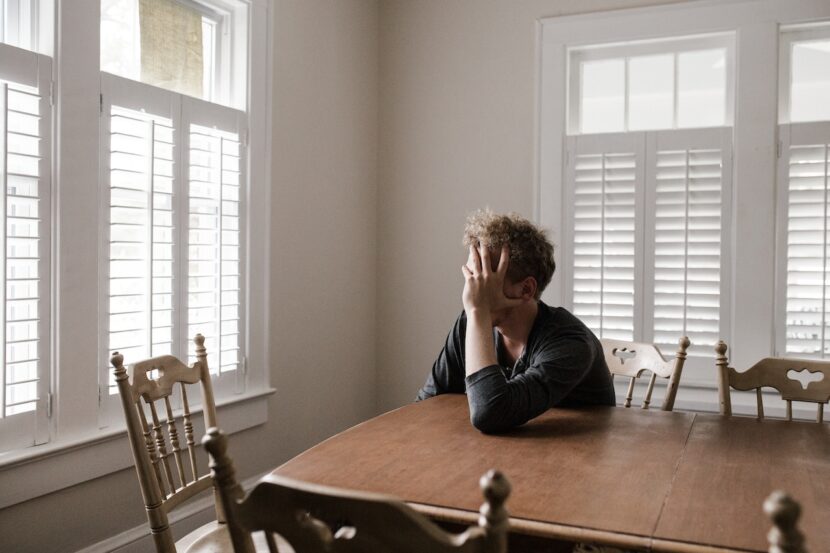Anxiety Counselling – Why You Need to See an Anxiety Counsellor
Posted on
Experiencing anxiety before an important interview or making major life decisions is common; however, if your symptoms continue to affect you it might be beneficial to seek anxiety counselling for support. Bennett often leads her clients on walking meditations to help refocus their thoughts and emotions, teaching them to distinguish what they can control from what’s out of their hands.
Self-awareness
Self-awareness is the process of becoming aware of your thoughts, emotions and physical sensations within yourself and can help identify any underlying mental health triggers. Although this can be challenging to achieve, mindfulness techniques and breathing exercises can be useful tools in raising your level of awareness.













